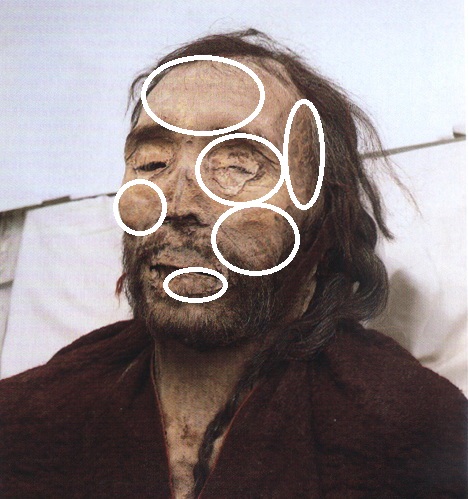In an other publication (Bodewitz 2007a; this vol. ch. 22) I have discussed the lists of cardinal sins and vices, their specifications in the
Veda and their parallels in the Western and Christian tradition. Now I will treat their positive counterparts (the virtues and merits), which do not have such clear enumerations (and partial parallels outside the Veda).
1 Here the meaning of a few terms used to denote virtues and merits will be discussed and an attempt will be made to get some information on their actual contents and background.
There are five Sanskrit equivalents for virtue or merit:
guṇá,
dhárma, sukṛtám, púṇyam and
śobhanám,
2 but only
sukṛtám and
púṇyam are regularly found in the Vedic ritualistic and philosophical texts. They especially refer to meritorious actions or their resulting merits.
snip
Our final conclusion can only be that the ideas about merits and virtues and their results have enormously changed and developed in the course of Vedic literature. Reaching heaven by merits is only found in the last stages on the ṚV Saṁhitā. Merits and reaching a continuation of life in heaven lost their relevance, when at the end of the classical Vedic period the theories of
karman (producing only a temporary life in heaven and a rebirth on earth depending on the quality of one’s
karman) and of
mokṣa (having the release from this rebirth as its highest aim) came into existence. The merits of sacrifices and liberality gradually were replaced by asceticism and knowledge about one’s identity, but attempts to combine the rather divergent approaches were found in all kinds of Vedic texts.
66
*
First published in
Asiatische Studien / Études Asiatiques 67, 2013, pp. 31–73.
1
The cardinal virtues according to
Plato are four: wisdom or prudence (sofia), fortitude (andria), temperance (sofrosune) and justice (dikaiosune), to which the Christian tradition has added faith, hope and love or charity.
"Chapter 23 Vedic Terms Denoting Virtues and Merits" published on 15 May 2019 by Brill.

brill.com
-----------------------------------------------------------
I think if the Christians didn't know the difference between heaven or hell they would commit
more crimes.
as it it
many Christians become Christian in prisons , thinking they will go to heaven, once out they then continue to commit crimes, and some don't, they learned their lessons.


